The 104th WORLD DAY of PRAYER for MIGRANTS and REFUGEES – 14 January 2018
MESSAGE OF HIS HOLINESS POPE FRANCIS
“Welcoming, protecting, promoting and
integrating migrants and refugees”
Dear brothers and sisters!
“You shall treat the stranger who sojourns with you as the native among you and you shall love him as yourself, for you were strangers in the land of Egypt: I am the Lord your God” (Leviticus 19:34).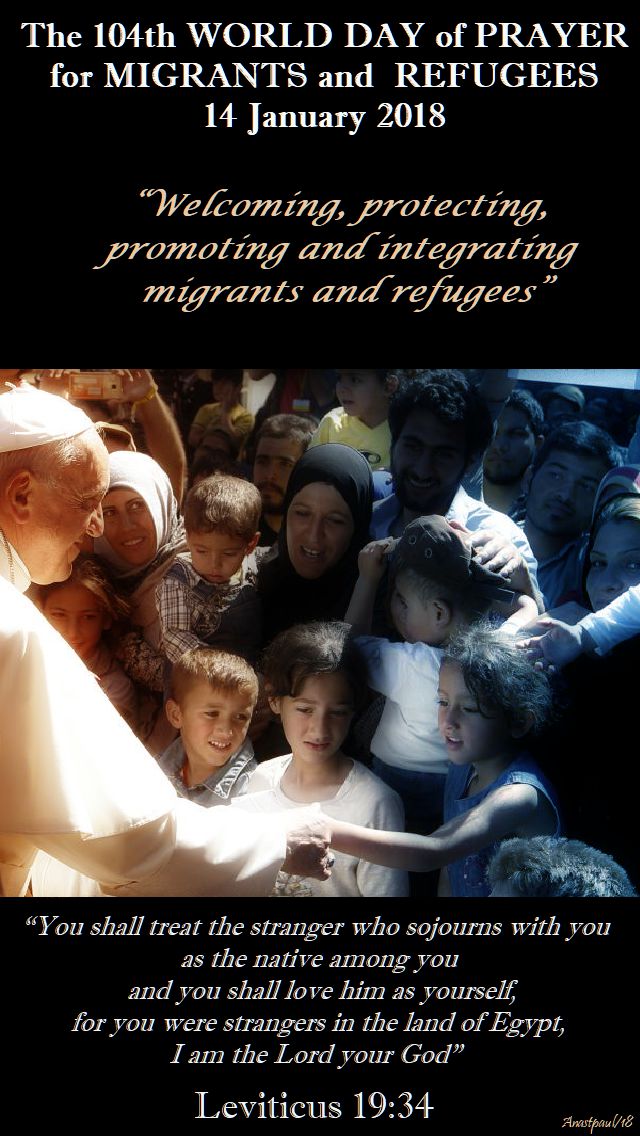
Throughout the first years of my pontificate, I have repeatedly expressed my particular concern for the lamentable situation of many migrants and refugees fleeing from war, persecution, natural disasters and poverty. This situation is undoubtedly a “sign of the times” which I have tried to interpret, with the help of the Holy Spirit, ever since my visit to Lampedusa on 8 July 2013. When I instituted the new Dicastery for Promoting Integral Human Development, I wanted a particular section – under my personal direction for the time being – to express the Church’s concern for migrants, displaced people, refugees and victims of human trafficking.
Every stranger who knocks at our door is an opportunity for an encounter with Jesus Christ, who identifies with the welcomed and rejected strangers of every age (Matthew 25:35-43). The Lord entrusts to the Church’s motherly love every person forced to leave their homeland in search of a better future. This solidarity must be concretely expressed at every stage of the migratory experience – from departure through journey to arrival and return. This is a great responsibility, which the Church intends to share with all believers and men and women of good will, who are called to respond to the many challenges of contemporary migration with generosity, promptness, wisdom and foresight, each according to their own abilities.
In this regard, I wish to reaffirm that “our shared response may be articulated by four verbs: to welcome, to protect, to promote and to integrate”.
Considering the current situation, welcoming means, above all, offering broader options for migrants and refugees to enter destination countries safely and legally. This calls for a concrete commitment to increase and simplify the process for granting humanitarian visas and for reunifying families. At the same time, I hope that a greater number of countries will adopt private and community sponsorship programmes, and open humanitarian corridors for particularly vulnerable refugees. Furthermore, special temporary visas should be granted to people fleeing conflicts in neighbouring countries. Collective and arbitrary expulsions of migrants and refugees are not suitable solutions, particularly where people are returned to countries which cannot guarantee respect for human dignity and fundamental rights. Once again, I want to emphasise the importance of offering migrants and refugees adequate and dignified initial accommodation. “More widespread programmes of welcome, already initiated in different places, seem to favour a personal encounter and allow for greater quality of service and increased guarantees of success”. The principle of the centrality of the human person, firmly stated by my beloved Predecessor, Benedict XVI, obliges us to always prioritise personal safety over national security. It is necessary, therefore, to ensure that agents in charge of border control are properly trained. The situation of migrants, asylum seekers and refugees requires that they be guaranteed personal safety and access to basic services. For the sake of the fundamental dignity of every human person, we must strive to find alternative solutions to detention for those who enter a country without authorisation.
The second verb – protecting – may be understood as a series of steps intended to defend the rights and dignity of migrants and refugees, independent of their legal status. Such protection begins in the country of origin and consists in offering reliable and verified information before departure, and in providing safety from illegal recruitment practices. This must be ongoing, as far as possible, in the country of migration, guaranteeing them adequate consular assistance, the right to personally retain their identity documents at all times, fair access to justice, the possibility of opening a personal bank account, and a minimum sufficient to live on. When duly recognised and valued, the potential and skills of migrants, asylum seekers and refugees are a true resource for the communities that welcome them. This is why I hope that, in countries of arrival, migrants may be offered freedom of movement, work opportunities and access to means of communication, out of respect for their dignity. For those who decide to return to their homeland, I want to emphasise the need to develop social and professional reintegration programmes. The International Convention on the Rights of the Child provides a universal legal basis for the protection of underage migrants. They must be spared any form of detention related to migratory status, and must be guaranteed regular access to primary and secondary education. Equally, when they come of age they must be guaranteed the right to remain and to enjoy the possibility of continuing their studies. Temporary custody or foster programmes should be provided for unaccompanied minors and minors separated from their families. The universal right to a nationality should be recognised and duly certified for all children at birth. The statelessness which migrants and refugees sometimes fall into can easily be avoided with the adoption of “nationality legislation that is in conformity with the fundamental principles of international law”. Migratory status should not limit access to national healthcare and pension plans, nor affect the transfer of their contributions if repatriated.
Promoting essentially means a determined effort to ensure that all migrants and refugees – as well as the communities which welcome them – are empowered to achieve their potential as human beings, in all the dimensions which constitute the humanity intended by the Creator. Among these, we must recognise the true value of the religious dimension, ensuring to all foreigners in any country the freedom of religious belief and practice. Many migrants and refugees have abilities which must be appropriately recognised and valued. Since “work, by its nature, is meant to unite peoples”, I encourage a determined effort to promote the social and professional inclusion of migrants and refugees, guaranteeing for all – including those seeking asylum – the possibility of employment, language instruction and active citizenship, together with sufficient information provided in their mother tongue. In the case of underage migrants, their involvement in labour must be regulated to prevent exploitation and risks to their normal growth and development. In 2006, Benedict XVI highlighted how, in the context of migration, the family is “a place and resource of the culture of life and a factor for the integration of values”. The family’s integrity must always be promoted, supporting family reunifications – including grandparents, grandchildren and siblings – independent of financial requirements. Migrants, asylum seekers and refugees with disabilities must be granted greater assistance and support. While I recognise the praiseworthy efforts, thus far, of many countries, in terms of international cooperation and humanitarian aid, I hope that the offering of this assistance will take into account the needs (such as medical and social assistance, as well as education) of developing countries which receive a significant influx of migrants and refugees. I also hope that local communities which are vulnerable and facing material hardship, will be included among aid beneficiaries.
The final verb – integrating – concerns the opportunities for intercultural enrichment brought about by the presence of migrants and refugees. Integration is not “an assimilation that leads migrants to suppress or to forget their own cultural identity. Rather, contact with others leads to discovering their ‘secret’, to being open to them in order to welcome their valid aspects and thus contribute to knowing each one better. This is a lengthy process that aims to shape societies and cultures, making them more and more a reflection of the multi-faceted gifts of God to human beings”. This process can be accelerated by granting citizenship free of financial or linguistic requirements, and by offering the possibility of special legalisation to migrants who can claim a long period of residence in the country of arrival. I reiterate the need to foster a culture of encounter in every way possible – by increasing opportunities for intercultural exchange, documenting and disseminating best practices of integration, and developing programmes to prepare local communities for integration processes. I wish to stress the special case of people forced to abandon their country of arrival due to a humanitarian crisis. These people must be ensured adequate assistance for repatriation and effective reintegration programmes in their home countries.
In line with her pastoral tradition, the Church is ready to commit herself to realising all the initiatives proposed above. Yet in order to achieve the desired outcome, the contribution of political communities and civil societies is indispensable, each according to their own responsibilities.
At the United Nations Summit held in New York on 19 September 2016, world leaders clearly expressed their desire to take decisive action in support of migrants and refugees to save their lives and protect their rights, sharing this responsibility on a global level. To this end, the states committed themselves to drafting and approving, before the end of 2018, two Global Compacts, one for refugees and the other for migrants.
Dear brothers and sisters, in light of these processes currently underway, the coming months offer a unique opportunity to advocate and support the concrete actions which I have described with four verbs. I invite you, therefore, to use every occasion to share this message with all political and social actors involved (or who seek to be involved) in the process which will lead to the approval of the two Global Compacts.
Today, 15 August, we celebrate the Feast of the Assumption of Mary. The Holy Mother of God herself experienced the hardship of exile (Matthew 2:13-15), lovingly accompanied her Son’s journey to Calvary and now shares eternally His glory. To her maternal intercession we entrust the hopes of all the world’s migrants and refugees and the aspirations of the communities which welcome them, so that, responding to the Lord’s supreme commandment, we may all learn to love the other, the stranger, as ourselves.
Vatican City, 15 August 2017 – Solemnity of the Assumption of the Blessed Virgin Mary
Francis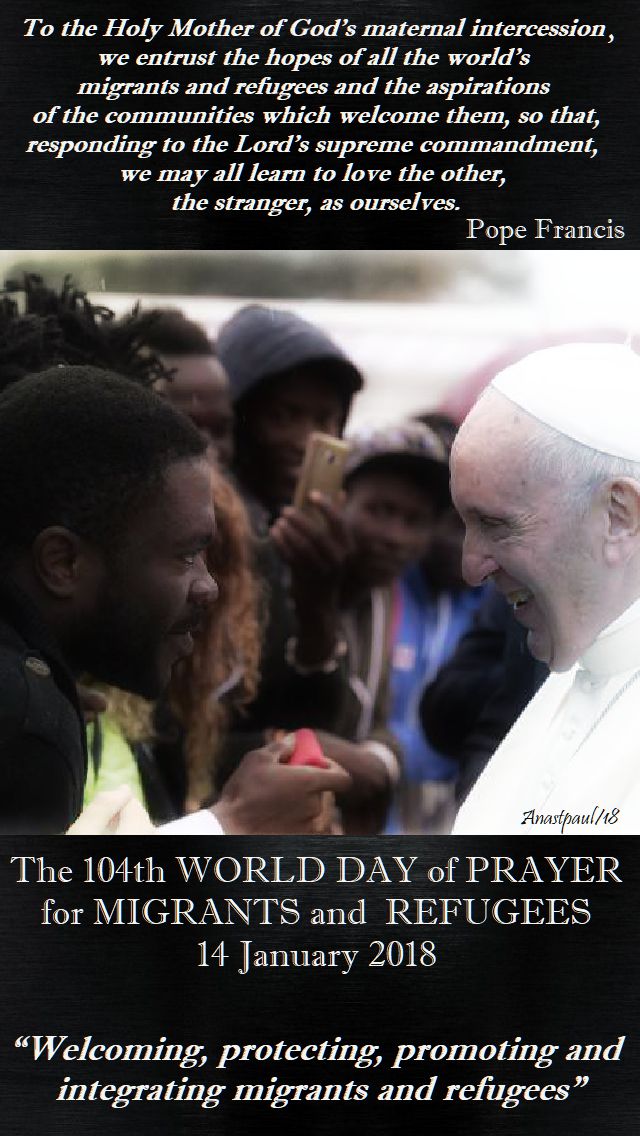
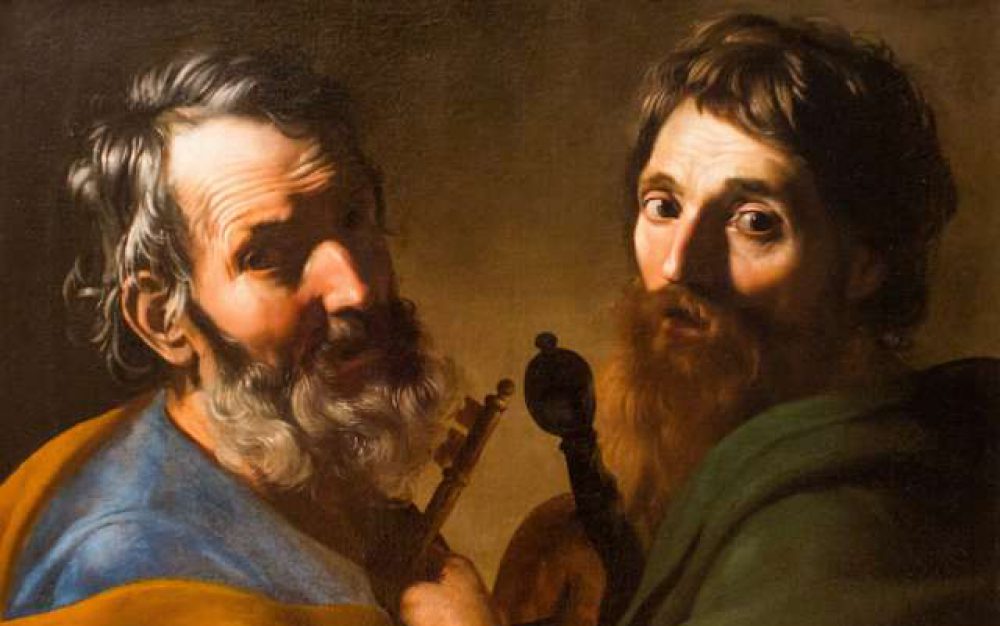
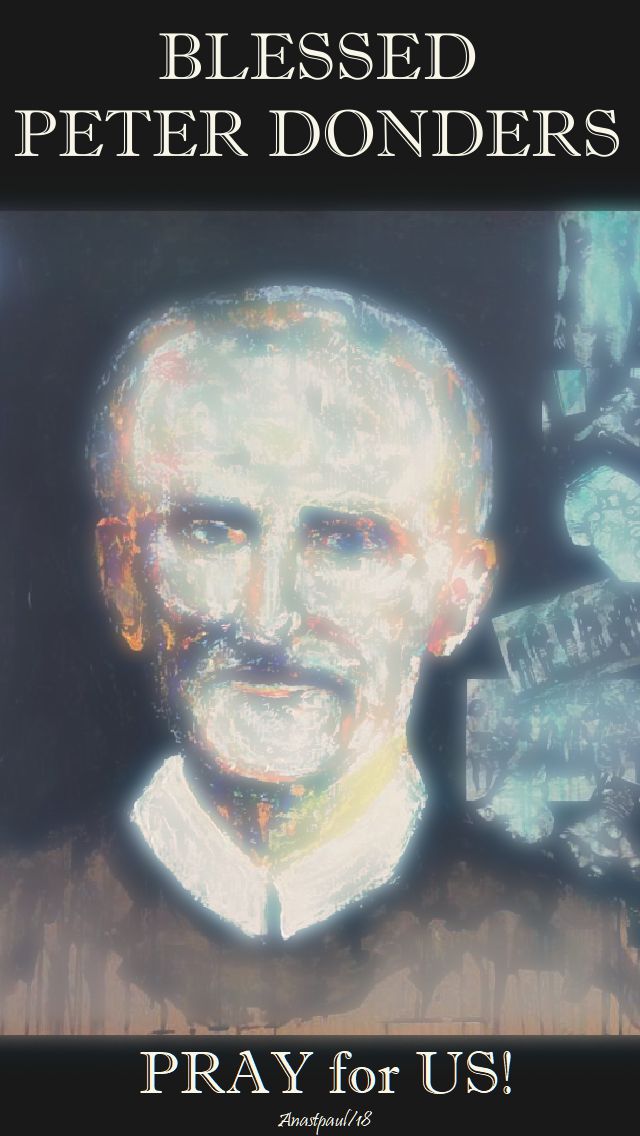
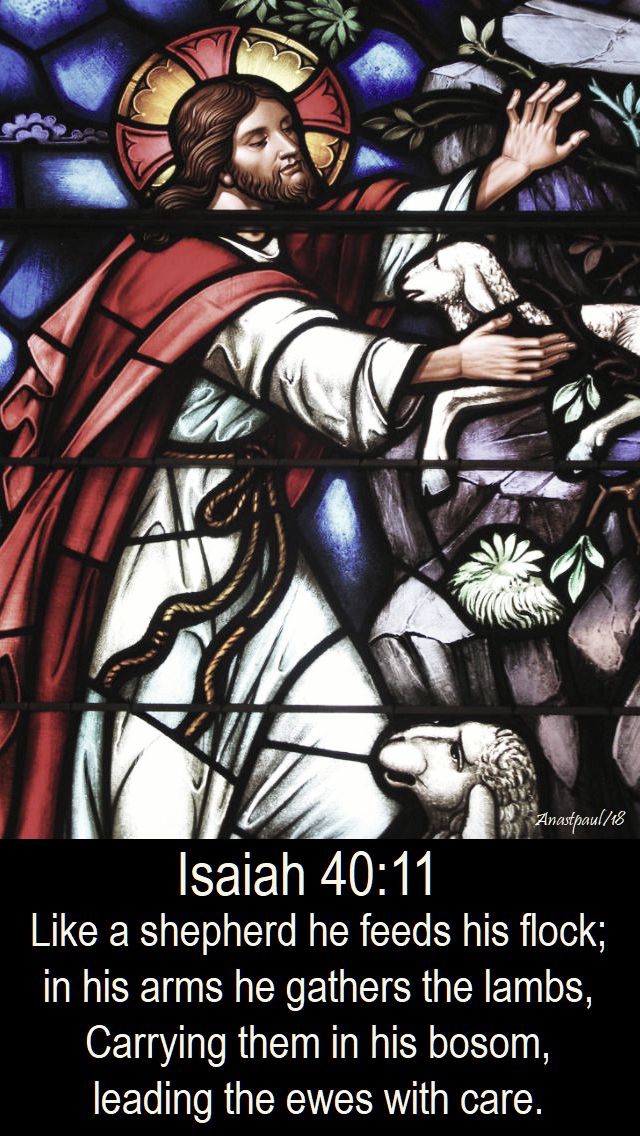
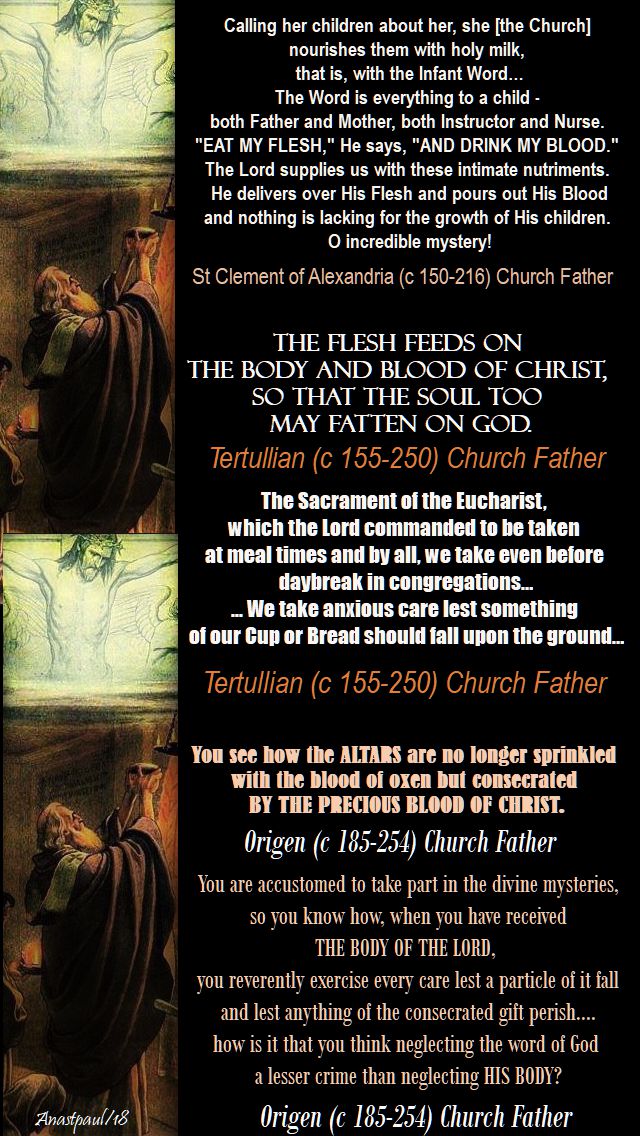
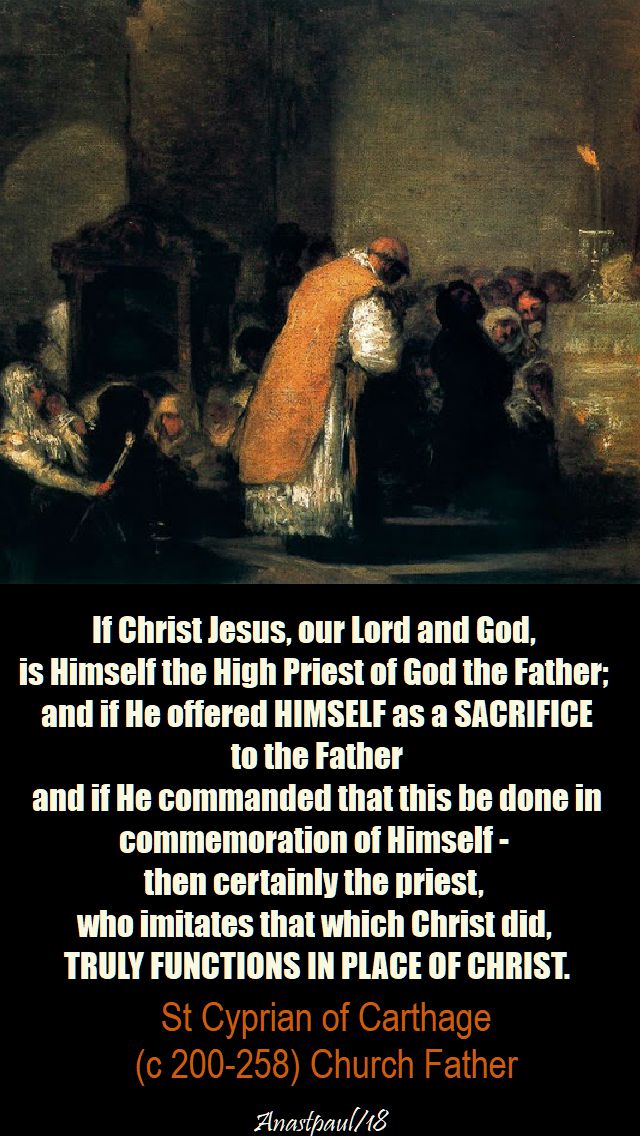

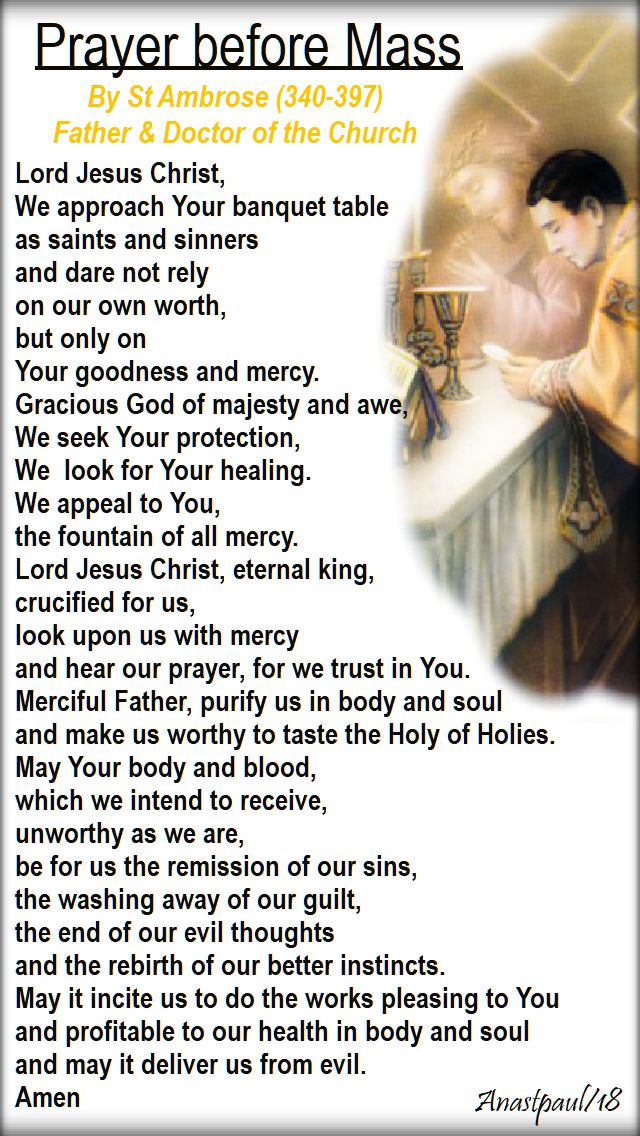
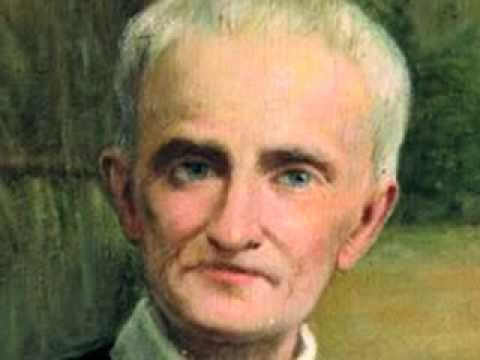



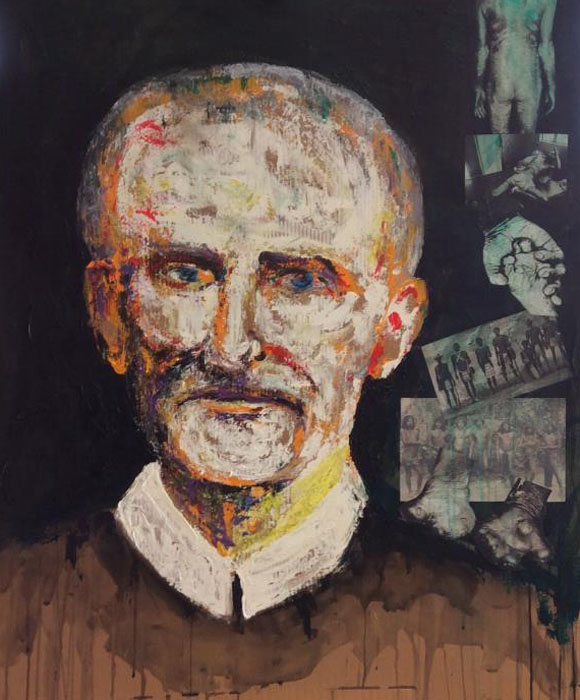

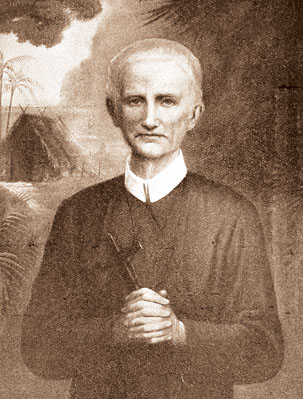
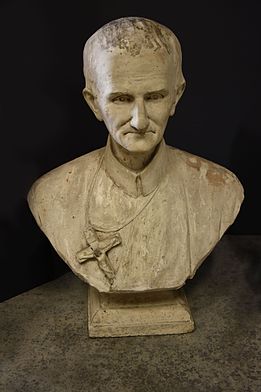
You must be logged in to post a comment.